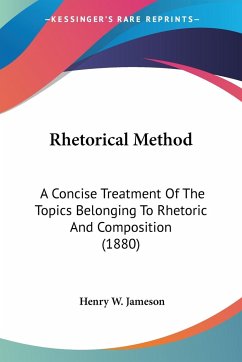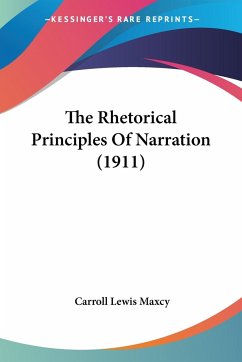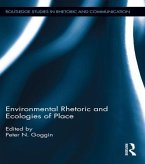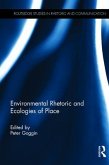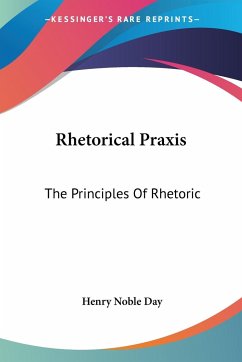Rhetorical Ecologies invites you on a transformative journey through the history of writing and rhetoric studies' adoption of ecology, situating this history in rich discussions about: the potential that ecology holds for rhetoric and writing studies; the untapped potential of ecology in fostering inclusive, equitable, and justice-oriented approaches to rhetorical inquiry; and the diverse and dynamic nature of rhetoric ecologies. Rather than attempting to outline a complete map of rhetorical ecologies as a unified concept, this book and its contributors are more interested in the idea that rhetorical ecologies are multiple, divergent, and highly situated knowledge-making practices. The variety of perspectives presented in this book provide a solid foundation for understanding how the ecological model of writing can help students become better writers.
Hinweis: Dieser Artikel kann nur an eine deutsche Lieferadresse ausgeliefert werden.
Hinweis: Dieser Artikel kann nur an eine deutsche Lieferadresse ausgeliefert werden.


